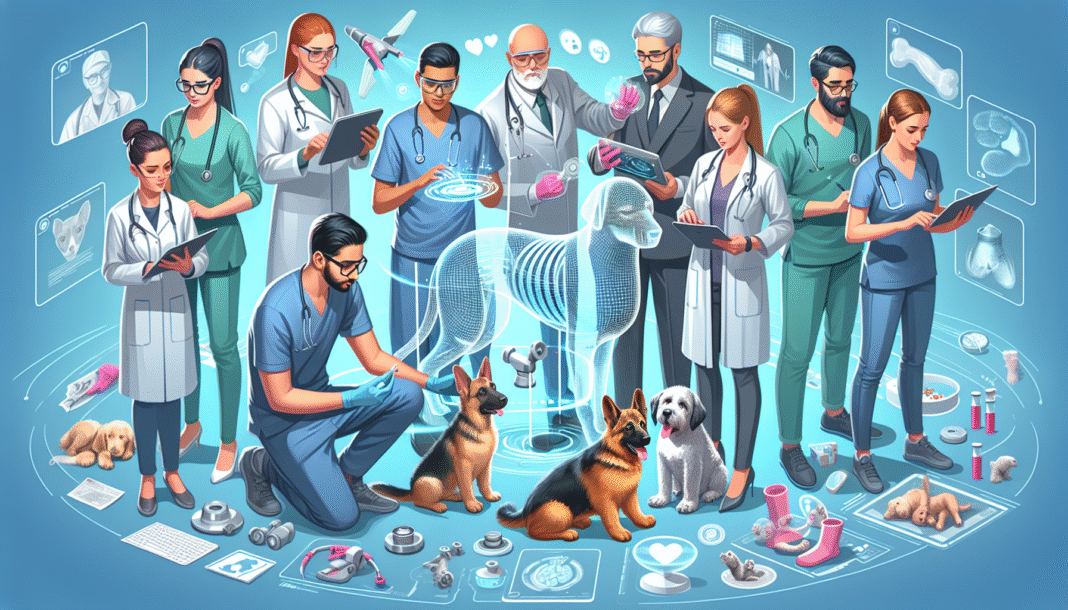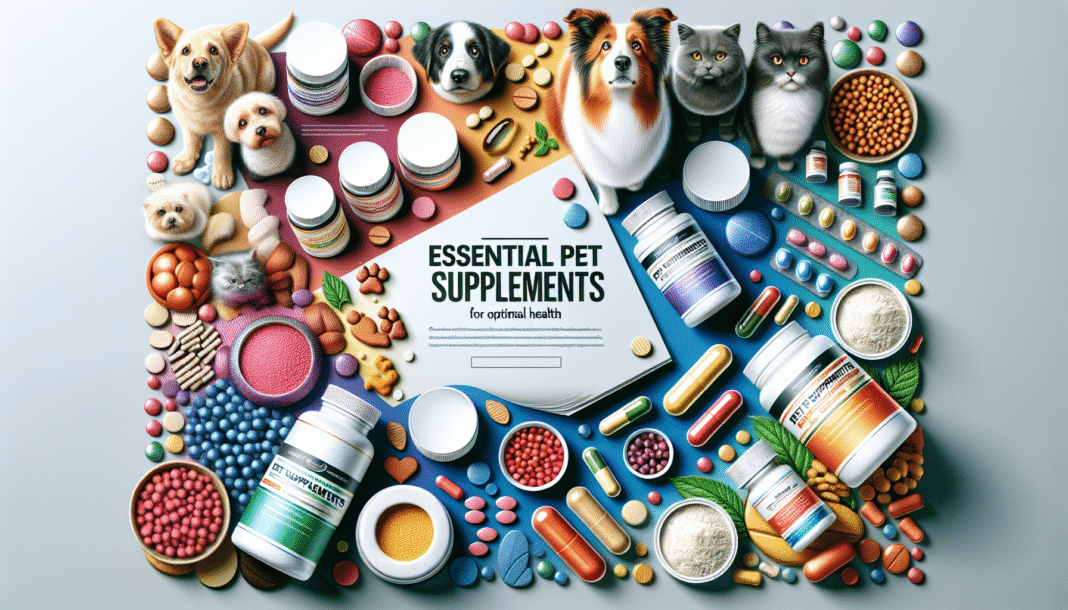In today’s fast-paced world, technology is reshaping various industries, and veterinary practices are no exception. Veterinary software platforms are becoming essential tools for veterinary clinics, enhancing pet healthcare and improving overall efficiency. Let’s explore how these revolutionary tools benefit pet owners, veterinarians, and the pets themselves.
Enhanced Record Keeping
Comprehensive Histories
One of the standout features of veterinary software is its ability to maintain detailed pet medical records. With digital records, pet owners no longer need to sift through piles of paper to find vaccination histories or previous medical treatments.
Quick Access to Information
Veterinarians can access a pet’s records instantly, which significantly speeds up the process during appointments. This ensures that all staff members are on the same page regarding a pet’s health history and can make more informed decisions about treatment.
Improved Communication
Client Portals
Many veterinary software platforms include client portals that allow pet owners to access their pets’ health information, schedule appointments, and even communicate with their veterinarian. This not only makes it easier for pet owners to manage their pets’ healthcare but also fosters a stronger relationship between clients and veterinarians.
Automated Reminders
Automated reminders for vaccinations, check-ups, and prescription refills are a game-changer. They help pet owners stay on top of their pet’s health needs, ensuring that critical appointments and treatments are never missed.
Streamlined Workflow
Time Management
Veterinary software helps streamline daily operations, allowing clinics to manage appointments, staff schedules, and resources more effectively. This optimization results in shorter wait times for pet owners and a more organized environment.
Billing and Payments
With integrated billing systems, managing pet healthcare costs becomes more straightforward. Pet owners can easily access invoices and make payments online, reducing administrative burdens for practices and enhancing the customer experience.
Comprehensive Diagnostic Tools
Electronic Medical Records
Vet software often includes built-in diagnostic tools that streamline the process of diagnosing conditions. By offering access to the latest veterinary research and guidelines, these platforms enable veterinarians to make well-informed decisions more swiftly.
Laboratory Integration
Many systems can connect directly to labs for quick test results. This immediate access to critical information can be vital in determining the best course of treatment, ensuring pets receive necessary care without delay.
Enhanced Treatment Options
Tailored Care Plans
Veterinary software can assist in creating customized treatment plans based on a pet’s health history and current condition. This ensures that each pet’s unique needs are addressed, improving overall outcomes.
Access to Telemedicine
Increasingly, veterinary software includes telemedicine capabilities. This allows pet owners to consult with veterinarians remotely, which can be especially beneficial for minor ailments or follow-up consultations. This convenience makes veterinary care accessible, even for owners who may struggle to bring their pets in for in-person visits.
Analytics and Reporting
Data-Driven Decisions
Veterinary software often includes data analytics features that allow clinics to track patient outcomes and identify trends. This information can guide future treatment methods and aid in adjusting practice strategies for better results.
Benchmarking Performance
By comparing metrics with industry standards, clinics can identify areas for improvement. This can lead to enhanced service delivery, more effective client communication, and increased satisfaction among pet owners.
Improved Patient Safety
Medication Management
The risk of medication errors can be drastically reduced with veterinary software. Systems that include features for tracking prescriptions and medication schedules ensure that pets receive the correct treatments at the correct times.
Alerts for Allergies
Many advanced systems can flag potential medication allergies or interactions within a pet’s profile, providing an additional layer of safety during treatment.
Convenience for Pet Owners
Mobile Access
Some veterinary software solutions come with mobile applications, enabling pet owners to monitor their pets’ health data from their smartphones. This convenience can be particularly helpful for busy pet owners trying to balance multiple responsibilities.
Online Resources
Access to educational resources and articles can empower pet owners to better understand their pets’ health needs. By being informed, pet owners can engage in more meaningful conversations with their veterinarians.
Support for Health Trends
Predictive Analysis
Veterinary software can help clinics identify health trends among pets within their community. This information can lead to targeted preventive measures and educational campaigns to address prevalent health issues.
Community Engagement
By harnessing community data, clinics can even create programs and seminars that educate pet owners on health prevention and wellness, further driving proactive care.
Incorporating veterinary software into animal care is not just about keeping up with modern technology; it’s about enhancing the welfare of our furry companions. By improving efficiency, communication, and patient safety, these tools are transforming how we care for our pets, ensuring they lead happy and healthy lives.





